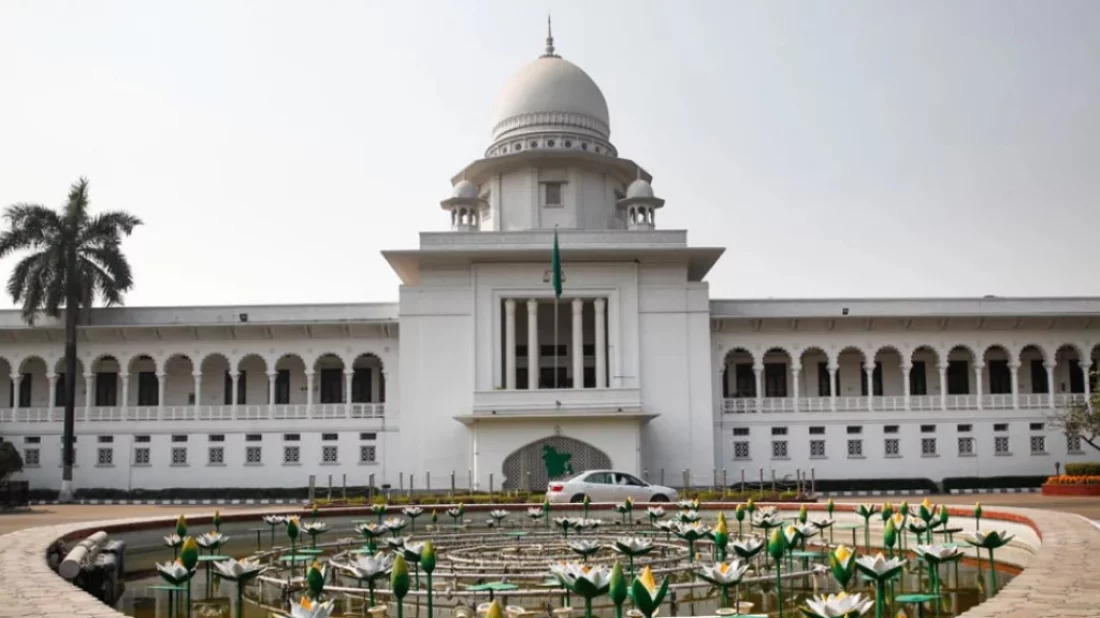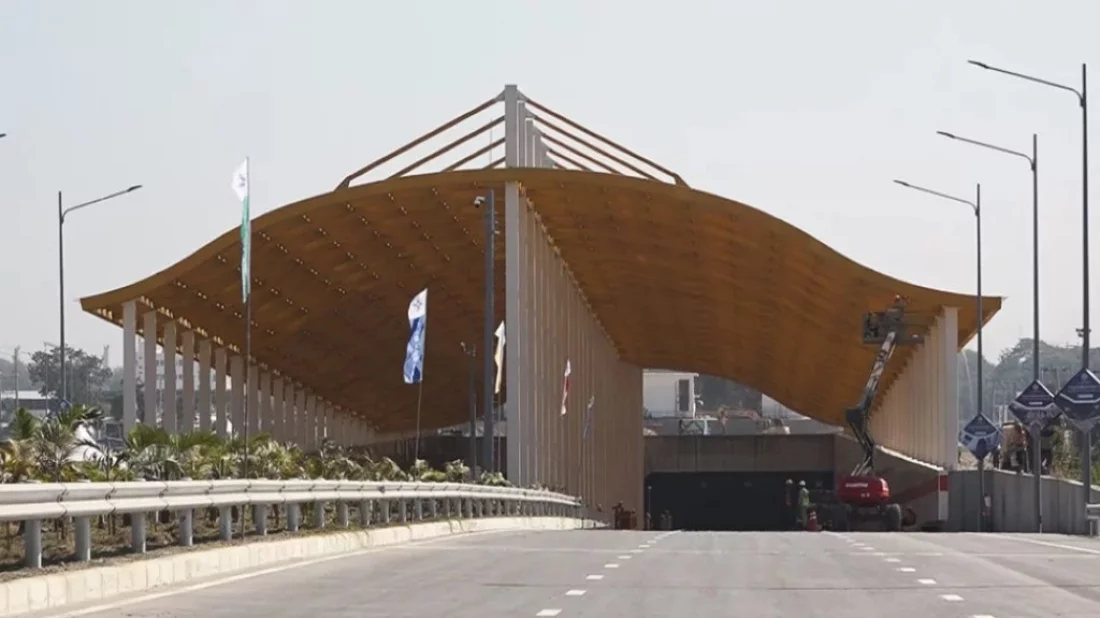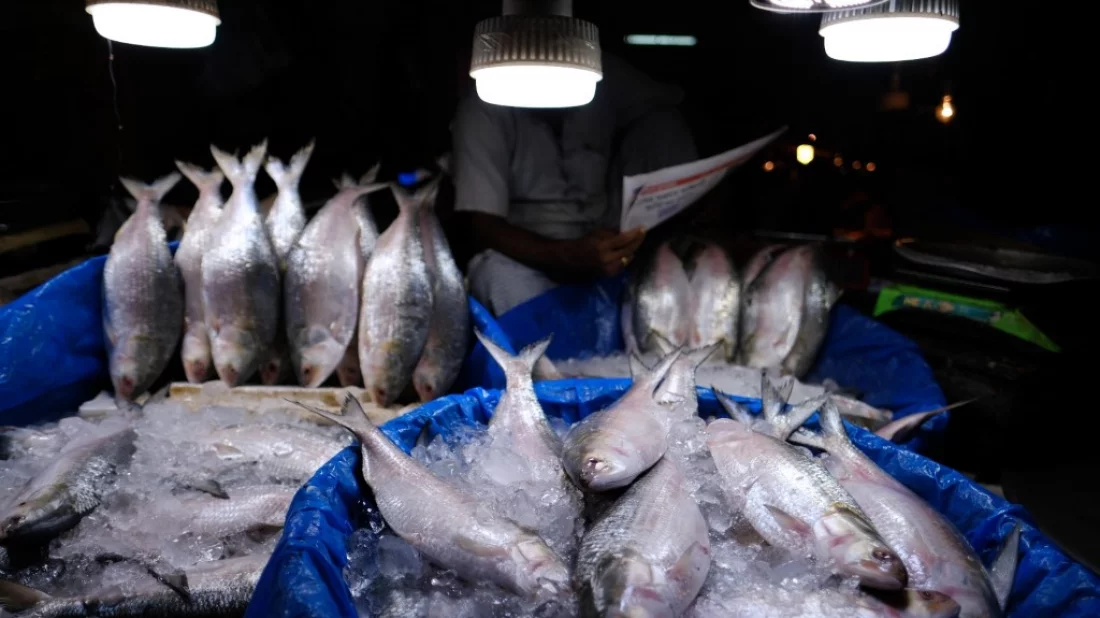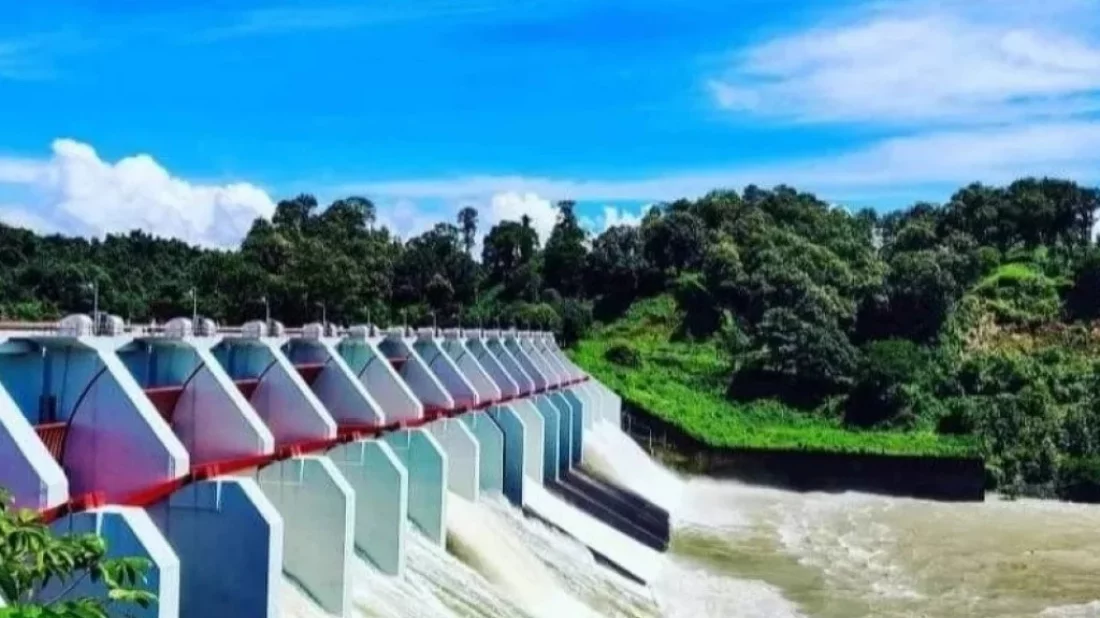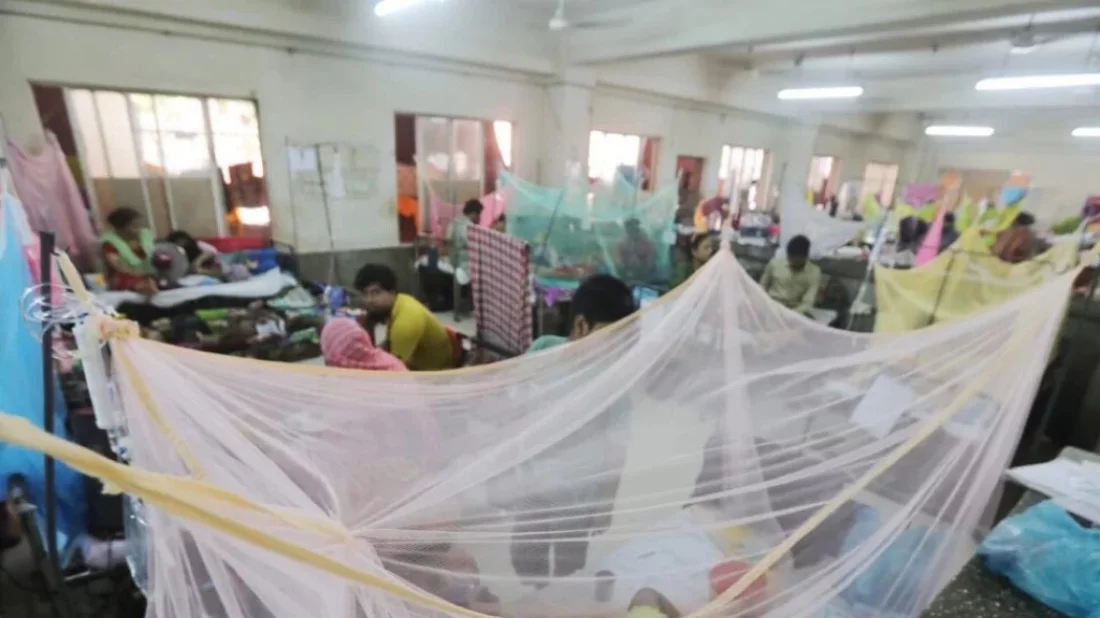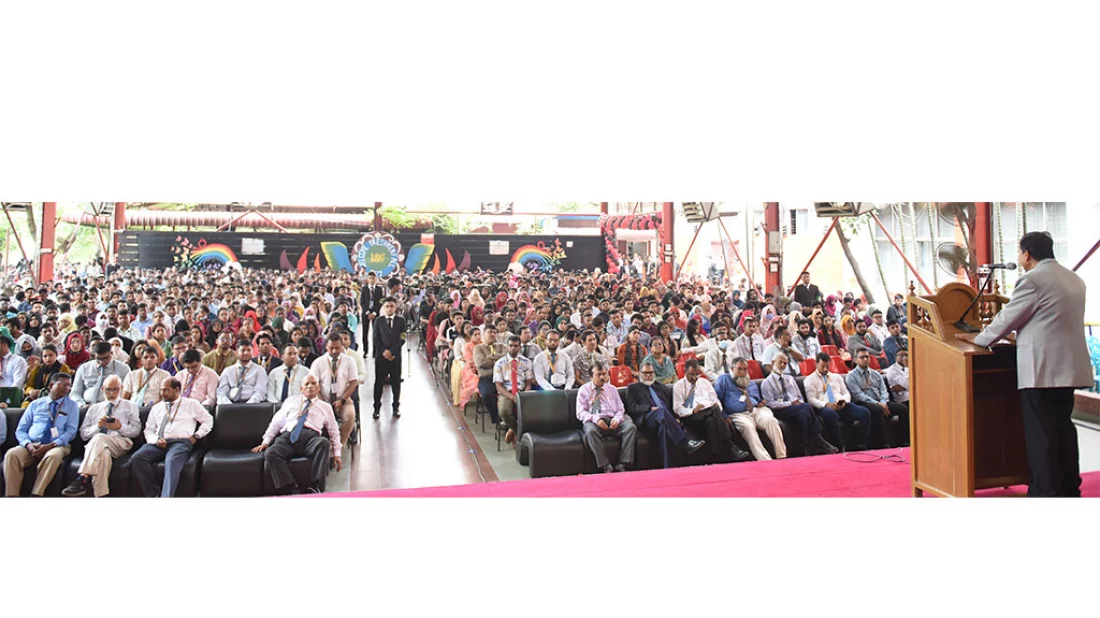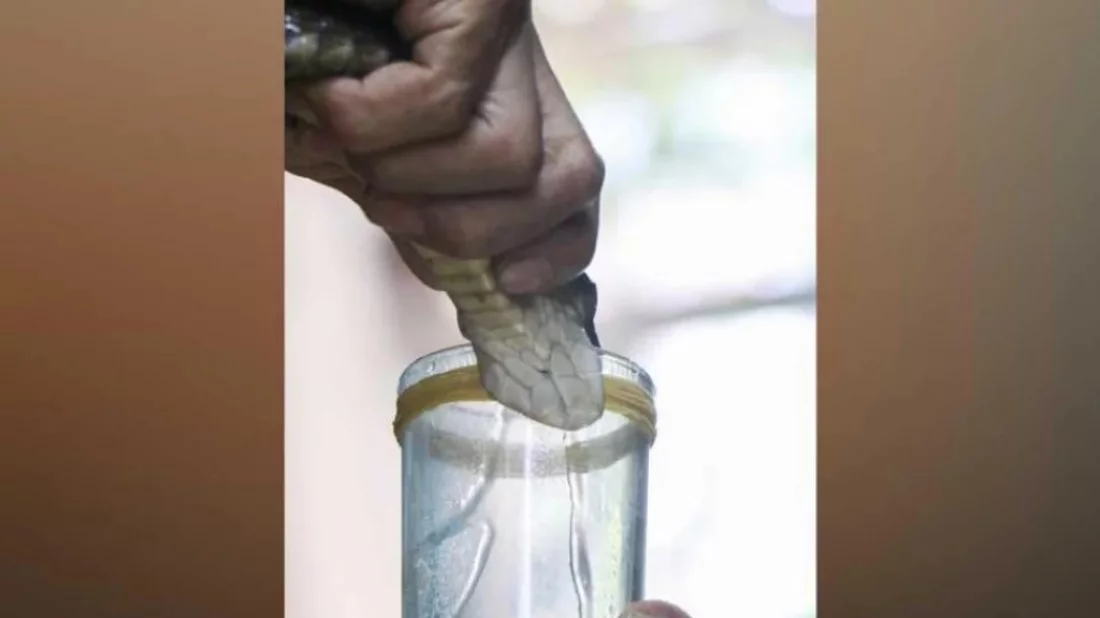
Snakebites in Bangladesh’s rural areas have been on the rise during the monsoon season, as water accumulates near roads and settlements, displacing venomous snakes from their natural habitats.
This has led to a significant increase in snakebite patients, with nearly 95% of such cases occurring in rural regions. However, most of the available antivenom is stocked in city hospitals, with much of it expiring without use.
Due to the lack of antivenom in upazila-level government hospitals, snakebite victims are compelled to travel to city hospitals, increasing the risk of death.
Experts emphasize the urgent need to ensure antivenom supply at the upazila level to administer treatment promptly after a snakebite.
A July 2023 report by the Directorate General of Health Services (DGHS) says that approximately 244 out of every 100,000 people in Bangladesh are bitten by venomous snakes each year, resulting in four to five deaths daily. Over 400,000 individuals fall victim to snakebites annually, with at least 7,511 succumbing to these bites.
The research, titled "National Survey on Annual Incidence and Epidemiology of Snakebite in Bangladesh," published in the journal NCDC Research Infographics of the DGHS indicates that 95% of snakebite victims are from villages.
Snake venom affects the human body in three ways: hemotoxins contaminate the blood, myotoxins deactivate muscles and neurotoxins disrupt brain function. To save a patient bitten by a venomous snake, antivenom must be administered within a specific timeframe.
However, since not all upazila-level hospitals have access to antivenom, patients often have to travel to city hospitals, causing delays in treatment. By the time many patients reach these facilities, they may have already suffered severe complications.
In the absence of antivenom nearby, rural patients frequently turn to local traditional healers, known as kabiraj, for treatment.
Patients and their relatives who sought treatment for snakebites at Dhaka Medical College Hospital (DMCH) in the past month revealed that they could not find effective antivenom in their upazilas, necessitating travel to Dhaka. The lack of antivenom often results in patients arriving too late to city hospitals, and many snakebite victims cannot be saved.
According to a DGHS source, by early 2022, antivenom had been distributed to 80 medical college hospitals, civil surgeon offices, district sadar hospitals and upazila health complexes across the country, totalling 41,470 doses. However, many of these doses have already expired.
Professor Dr Saiful Islam, a medicine expert at Dhaka Medical College, explained that although antivenom is often available in upazila and major cities, doctors there may avoid administering it due to potential complications. He said some patients experience severe breathing problems after receiving antivenom, necessitating intensive care, which is unavailable at the upazila level. As a result, snakebite patients are referred to other hospitals, the expert added.
Dr Robed Amin, director of DGHS (Non-Communicable Disease Control), acknowledged the challenges but highlighted ongoing efforts to distribute antivenom to upazilas and provide training to medical professionals to address this critical issue.




